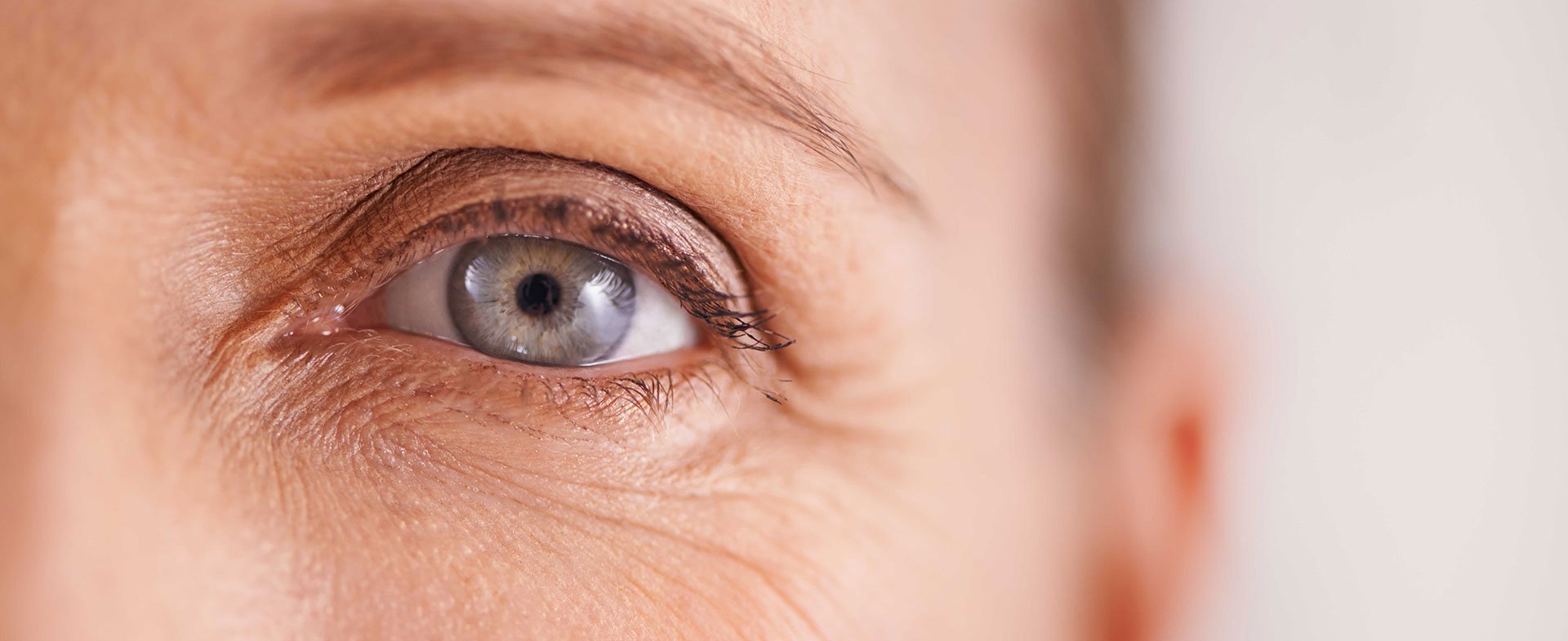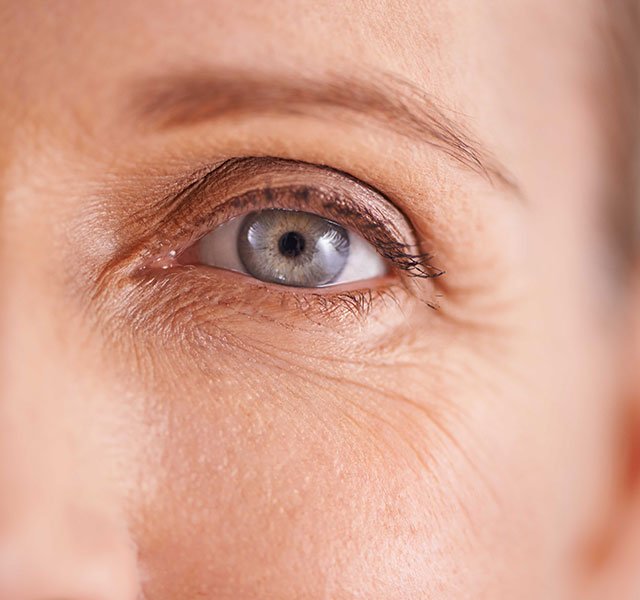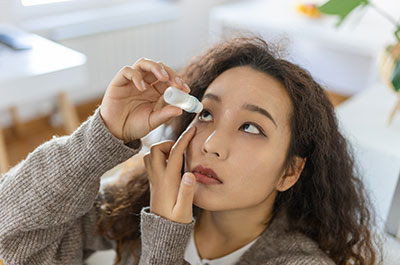You’re going through your workday when all of a sudden your eyelid begins twitching. It might go away in a couple of minutes. Or it could return and stay on and off for days, even weeks.
An eye twitch, also known as myokymia, is a painless spasm of the eyelid muscles. It typically affects only one eye, and in most cases it’s harmless. “People get annoyed by eye twitches more than anything else,” says Melisa Nika, M.D., an ophthalmologist at Henry Ford Health. “But they are also concerned about what could be causing them.”
10 Common Causes Of Eye Twitches
- Stress: We’re a hectic society. Modern life presents any number of stressful triggers, from work deadlines and traffic woes to busy social calendars, caring for children or parents (and sometimes both at the same time). But staying in constant fight or flight mode can affect the body - including the eye muscles - in many ways.
- Sleep hygiene: Getting too little rest, not sticking to a regular sleep schedule and other poor sleep habits can also exacerbate our stress.
- Caffeine: When we’re stressed or tired, it’s easier to lean on coping mechanisms like extra coffee, which can perpetuate the cycle.
- Alcohol: Excessive alcohol consumption can cause many issues, including deficiencies in nutrients such as vitamin B. It can also trigger twitches and affect the eyes in other ways.
- Tobacco: Smoking can damage nearly every organ in the body and it increases your risk for a number of diseases, including several eye conditions. (Ready to quit tobacco? Start here.)
- Digital eye strain: We spend much of our modern lives tethered to digital devices, from smartphones and tablets to computer screens and TVs. All of this focused screen time can take a toll on our vision and eye muscles in many ways.
- Dry eye disease: If your eyes are persistently dry, you may experience several symptoms, including eye twitching. Dry eyes can get particularly bad during winter, when indoor heating has a drying effect on your eyes.
- Seasonal allergies: It’s not just winter, though. Spring and fall allergies can also affect the eyes, in some of the same ways as dry eye disease.
- Environment: This can include bright lights and wind or air pollution.
- Foreign bodies in the eye: Anything stuck in the eye that causes irritation can also cause twitching. This could be as simple as an eyelash or even a stitch from a previous surgery that did not dissolve.
When to See a Doctor About Your Eye Twitch
“If it’s just a small twitch in one eye and it goes away on its own, it’s probably nothing to worry about,” says Dr. Nika. “However, if it’s persistent, affects more than one eye, or if you experience other symptoms, then it’s a good idea to get a comprehensive eye exam from an ophthalmologist to check for other causes.”

Eye Care At Henry Ford
These may include:
- Blepharospasm and hemifacial spasm: Blepharospasm is a persistent twitching that typically affects both eyelids. It can get worse over time, leading to both eyes being completely closed. A hemifacial spasm is a twitch that affects one entire side of the face. For both conditions, your ophthalmologist may recommend treatment by a botulinum toxin injection, such as Botox®, to help relax the affected muscles.
- Neurological conditions: While rare, in some cases serious conditions can spark an eye twitch. These include Bell’s palsy, multiple sclerosis, brain tumors and several movement disorders, such as dystonia, Parkinson’s disease, Tourette’s syndrome and Meige syndrome.
- Medication side effects: Certain drugs, including those used to treat epilepsy and Parkinson’s disease, also may cause eye twitching as a side effect.
Reviewed by Melisa Nika, M.D., a comprehensive ophthalmologist and glaucoma specialist who sees patients at Henry Ford Medical Center - Bloomfield Twp and Henry Ford Super Vision Center - West Bloomfield.



